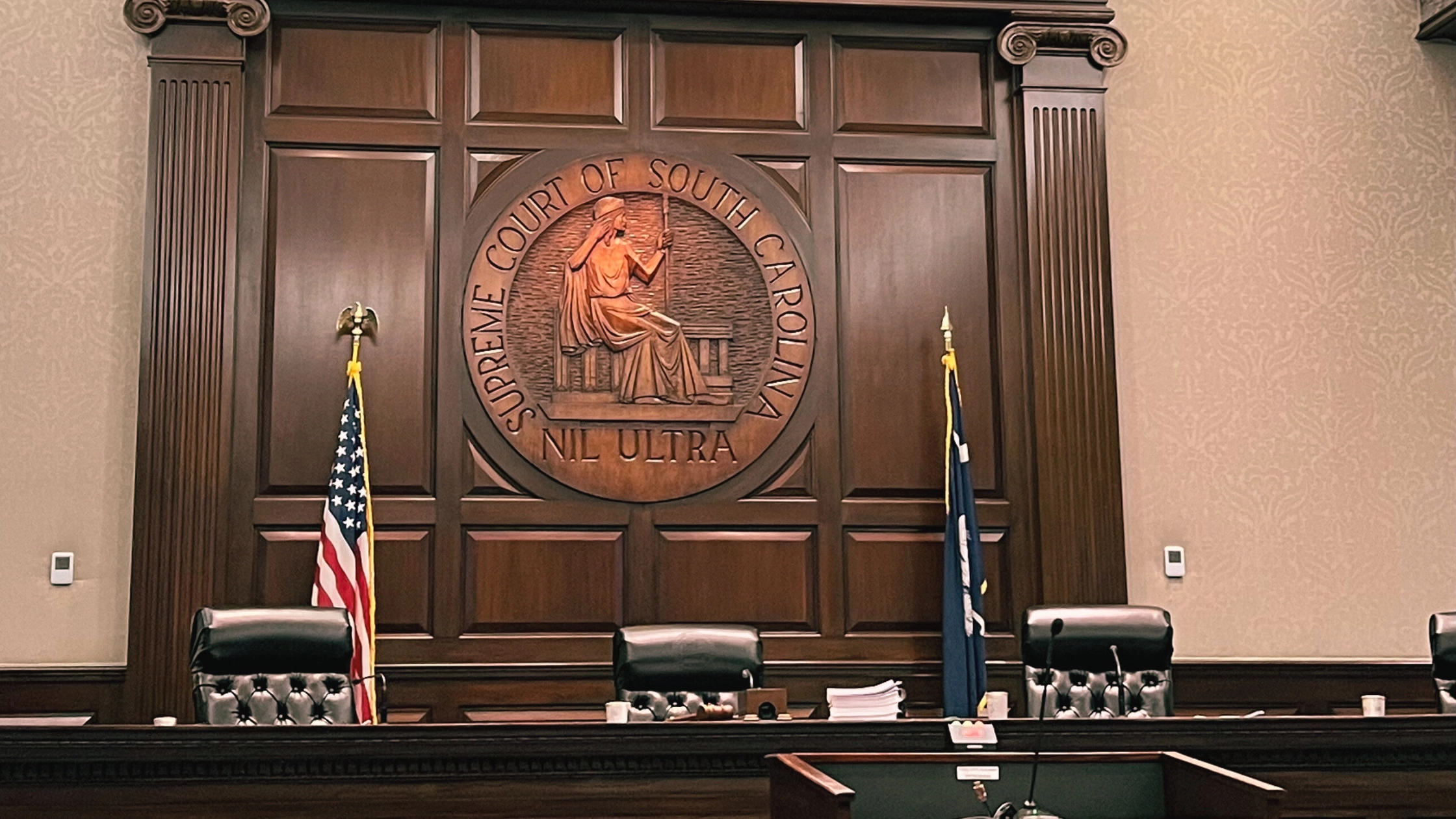Let’s take a moment to remember how we got here. S.39, the legislation that created the Education Scholarship Trust Fund (ESTF), was signed into law in the spring of 2023. The program promised up to $6,000 per student for families to use on private school tuition and other education-related expenses. The legislature set aside $30 million for the first year, aiming to cover up to 5,000 students. On the surface, this seemed like a victory for school choice advocates, but from the start, it was clear this program was on shaky constitutional ground. Why? Because South Carolina’s Blaine Amendment EXPLICITLY prohibits the use of public funds for private schools.
We highlighted this issue in our article titled Why Do Lawmakers Cast Votes for Laws That Might Be Unconstitutional? Case in Point: S.39.
Why do lawmakers insist on pushing through shiny initiatives without considering the legal and financial mess they’re creating?
On another note–we’ve written about this extensively—why government-controlled school choice programs are dangerous and ultimately eliminate real educational freedom. Click here to read more about how these programs fail both parents and taxpayers.
Now, back to the present. The South Carolina Supreme Court heard oral arguments on March 6, 2024, in the case of Candace Eidson, et al., v. South Carolina Department of Education. On September 11, 2024, the court finally did what lawmakers should have done from the beginning—ruled the ESTF unconstitutional. The language of Section 4 of Article XI in the South Carolina Constitution is crystal clear:
"Direct aid to religious or other private educational institutions is prohibited. No money shall be paid from public funds nor shall the credit of the State or any of its political subdivisions be used for the direct benefit of any religious or other private educational institution."
The court ruled exactly as it should have. But now we have a bigger problem—$31 million of taxpayer money, according to the signed fiscal impact statement, is up in the air. That money has already been spent on setting up and distributing funds for a program that never should have existed. Who’s going to account for that?
So, let’s ask the tough questions:
How will the state recover the money already spent on this unconstitutional program?
Who’s going to be held responsible for the mishandling of taxpayer funds?
What happens to the nearly 2,900 families who received ESTF funds and have already invested in private schooling based on those funds?
Will the legislature attempt to sneak through another version of this program, or will they target the Blaine Amendment next?
Some lawmakers and advocacy groups are already signaling their intent to pursue an appeal. But here’s the question—Isn’t this just another waste of taxpayer dollars? Why are we preparing to burn even more public money on appeals and legal battles over a program that’s already been ruled unconstitutional? Other states may have implemented similar programs, but ignoring South Carolina’s legal framework as unique is what led to this failure in the first place.
How many more times will the South Carolina Supreme Court have to rule similar programs unconstitutional before lawmakers stop pushing them?
But wait, there are even more questions! Could the South Carolina Supreme Court’s ruling that the voucher program is unconstitutional mean the program should be entirely halted, including future enrollments and taxpayer funding? If so, why is the state signaling that eligibility remains unchanged and the program might expand? Are lawmakers planning to modify it, potentially creating a legal and political conflict that could unfold in the coming months?
These aren’t rhetorical questions. Every taxpayer should be demanding answers. We suspect lawmakers will do what they always do—either try again with a repackaged program or attempt to dismantle the Blaine Amendment. This is the classic legislative dodge—when a program fails, don’t admit the mistake, just look for a loophole or another way around the Constitution.
Every taxpayer should be outraged. The ESTF program was an avoidable failure. It was poorly conceived from the beginning, and now it’s left us with a financial disaster, legal battles, and thousands of families who have no idea how they’re going to pay for private schooling. Families were led to believe that this funding was a solid option, and now they’re left scrambling.
It’s time for accountability. Lawmakers can’t keep throwing taxpayer money at programs that violate our state’s highest legal document. This was a direct hit to the integrity of the legislative process, and taxpayers are now footing the bill.
South Carolina taxpayers deserve better than this endless legislative chaos. It’s time for the public to start asking tough questions and holding lawmakers accountable. The Supreme Court did its job, but now it’s up to the legislature to fix the mess they created.
Contact your legislators. Demand answers. South Carolina deserves better.

Subscribe to ConservaTruth's Email Newsletter for curated insights on South Carolina's legislative activities and conservative viewpoints, delivered straight to your inbox! With vetted and easy-to-understand information, our newsletter empowers you to become an informed and engaged citizen, actively participating in safeguarding our cherished Constitutional values. Don’t miss out on crucial updates—join our community of informed conservatives today!





Comments